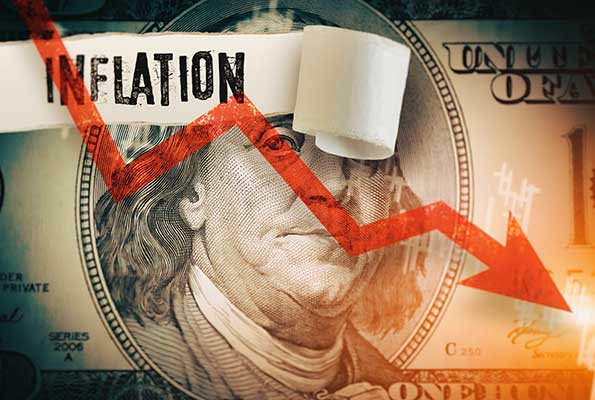A new report from the United Nations Conference on Trade and Development (UNCTAD) claims that the rising cost of living and insufficient growth in monthly salaries are putting pressure on household budgets in many nations throughout the world.
In its report released in October 2023, UNCTAD stated that “wages have not kept up with inflation.”
The United Nations organization has monitored changes in real hourly earnings by quarter in 14 nations, including, among others, South Africa, India, the United States, Brazil, and Switzerland.
Only four of the 14 states included in the poll reported a rise in real hourly wages in the third quarter. When compared to the time before COVID, a significant decrease in the number of countries experiencing positive salary growth was seen.
The hourly wages of workers increased during the fourth quarter of 2018 in nearly all of the study’s 13 participating nations.
In its study, UNCTAD stated that “the cost of living and inadequate wage growth continue to squeeze household budgets everywhere.”
“Economic inequality remains a significant challenge, with developing countries being disproportionately affected, including by the effects of monetary tightening in the advanced economies,” the study remarked further.
The widening wealth gap further jeopardizes the weak economic recovery and sustainable development objectives of numerous countries.
According to the research, the global economy is stagnating, with growth falling in most regions relative to last year and only a few nations defying the trend.
According to the analysis, global economic growth may fall from 3% in 2022 to 2.4% in 2023. Only a few regions are anticipated to have a substantial decline in the economy in 2024.
Brazil, Japan, Mexico, and Russia are among the nations predicted to buck the trend, but growth in these nations won’t be considerable.
Meanwhile, International Monetary Fund chief Kristalina Georgieva stated that a stronger demand for services, backed by progress on lowering inflation, has now increased the chances of the global economy escaping recession, amid fiscal and financial risks abound.
Kristalina Georgieva said that successive shocks since 2020 had slashed USD 3.7 trillion from global output, as the current economic growth remained well below pre-COVID levels, and medium-term growth prospects had weakened further.
“Stubborn inflation meant interest rates would have to remain higher for longer and economic fragmentation threatened to hit emerging and developing economies hardest,” she remarked further.



